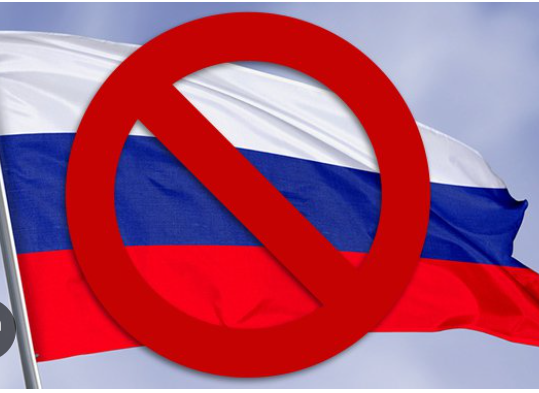Turkish Deniz Bank – one of the largest in the country, has significantly tightened the conditions for opening accounts for Russian citizens since the beginning of this year, increasingly rejecting such applications, RBC reports, citing intermediaries helping Russians get bank cards in Turkey, according to Milena Bogdanova.
PA Turkey has interviewed several banker from other lenders who confirm most Russia account requests are being rejected. In fact, according to press sources, Turkish banks are now employing “know your customer” practices which has resulted in closing of numerous accounts. Turkey is under increasing pressure from US Treasury and EU authorities to stop sanctioned Russian financial activities and crack down on re-export of dual purpose goods to Russia.
“From the beginning of 2024, Deniz Bank practically stopped opening accounts for Russian citizens – out of ten applications to open an account, only one receives approval,” emphasized expert Sergey Ovsyannikov.
He also noted that even having a residence permit or registration in Turkey does not enable opening a bank account. However, the credit institution approves requests for customers with a large deposit of $100 thousand and more, the expert adds. It was previously possible to open an account at Deniz Bank only if you have a Russian foreign passport, now standards are being tightened across the industry.
In February, it became known that the Turkish bank Deniz began to require from Russian citizens documents confirming a residence permit in Turkey.
Since January 1, Turkish exporters have been facing bank refusals to accept money transfers from Russia. The problem is partly related to US pressure on Turkey over sanctions. The Turkish Ministry of Commerce has taken up the matter, and Moscow is in dialogue with Ankara. The Turkish side is officially aware of the existing problems in payment transfers with Russia, does not consider the situation catastrophic, the relevant departments of both countries are working to resolve the situation, a source from the country’s presidential administration told RIA Novosti.
At the same time, a source from the banking sector reported on February 14 that the US, based on the sanctions policy, warned a number of private banks in Turkey about the need to carefully check payment transfers with Russia, reaching a threatening tone.
The crack-down of Russia accounts may explain the major reason for inexplicable outflows of FX from Turkey under “errors and omissions” account, i.e. unclassified transactions. Turkey’s trade with Russia has declined precipitously in 2024.
Follow our English language YouTube videos @ REAL TURKEY: https://www.youtube.com/channel/UCKpFJB4GFiNkhmpVZQ_d9Rg
And content at Twitter: @AtillaEng
Facebook: Real Turkey Channel: https://www.facebook.com/realturkeychannel/
